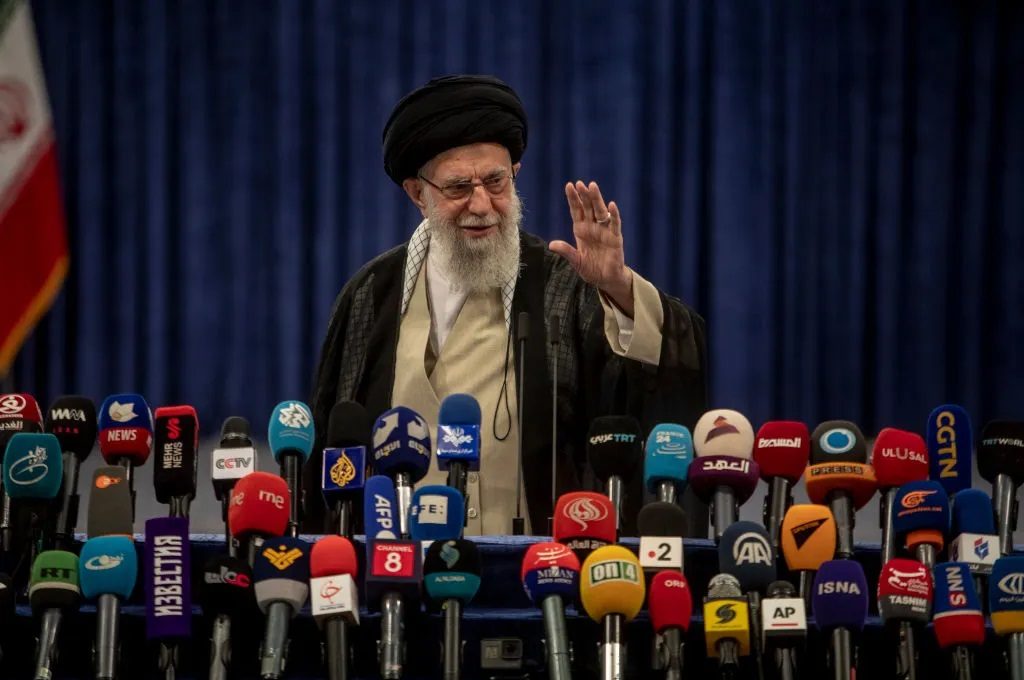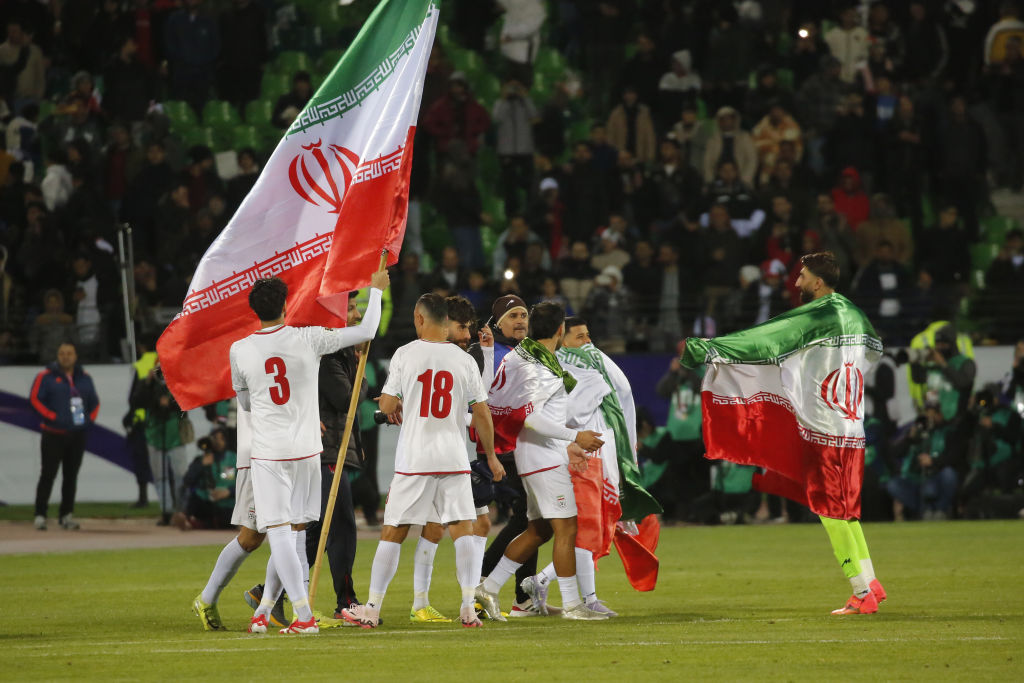On the face of it, the assassination of Hamas leader Ismael Haniyeh in Tehran on July 31 was a brilliant, opportunistic strike by one of the world’s most dedicated and fearless intelligence services.
The presumed targeting by Mossad, however, has disrupted negotiations to bring a ceasefire to Gaza and the release of more Israeli hostages, has provoked a sharp telephone call between President Biden and Benjamin Netanyahu, and has inflamed the Middle East to such a dangerous level that a full-scale war cannot be ruled out.
It’s a déjà vu crisis
Much is being made of the urgent diplomatic efforts underway to try and persuade Iran, now with a new president, to hold back or limit its promised retaliation against Israel for the killing of the Hamas leader on its soil.
Ten days have passed since the assassination and so far, apart from a flurry of rockets by Hezbollah across the Lebanese border into Israel and urgent appeals by the US and Europe for their nationals in Lebanon to grab the first available flights out of the country, the feared “severe” retribution has yet to materialize.
So, does this mean that diplomacy is winning and the threat of war, at least for the moment, is on hold?
The intensive diplomatic efforts include using some of the most secretive “back channel” arrangements in the Middle East — developed over years as the region swayed from one crisis to another.
The CIA’s Bill Burns, director of the agency after a career of unrivaled experience in the diplomatic service, is America’s supreme mastermind of back-channel deals. He played a crucial role in behind-the-scenes negotiations with Iran which led to the April 2015 deal restricting Tehran’s nuclear programme. Now the CIA chief is among a heavyweight assortment of top US officials and intelligence operatives working to stop a catastrophic war.
Every back channel is being exploited, ranging from the formal framework under which communications are passed from the US to Iran, via the Swiss embassy in Tehran, to a more informal set-up in which Oman is playing the key facilitator role for confidential contacts between Washington and Tehran.
There have been no official diplomatic relations between the US and Iran since April 1980 after Iranian militants seized the American embassy in Tehran on November 4, 1979, and held fifty-two diplomats and staff hostage for 444 days.
The aim of the diplomacy, as Antony Blinken, the US secretary of state, has said, has been to avoid the risk of “dangerous outcomes that no one can predict and no one can fully control.”
To back up the diplomacy, the Pentagon has sent additional warships and a dozen F/A-18 fighter jets to the region to act as a deterrent and to demonstrate to Iran that if it goes ahead with attacking Israel, the US will be in position to help shoot down any missiles or drones.
It’s a déjà vu crisis. The same emergency diplomatic maneuvers were engaged after Israel bombed an Iranian consular building in Damascus on April 1, killing Brigadier General Mohammed Reza Zahedi, a senior commander of the Islamic Revolutionary Guard Corps’ Quds Force, and his deputy.
That time, Iran waited twelve days before launching a direct attack on Israel, with more than 300 ballistic and cruise missiles and drones. But, bizarrely, Iran gave prior notice of its intentions and most of the missiles were brought down by Israel’s Iron Dome and Arrow missile defense systems and by the Navy and allied partners in the region.
This time it could be different. Iran has been sorely bruised by what Tehran sees as Israel’s outrageous acts both in Damascus and now in the Iranian capital itself. The yearning for revenge appears to be even higher than it was in April, judging by what the Five Eyes club of western intelligence services, led by the US, will have been picking up in recent days — and which led to the urgent call for nationals to escape from Lebanon.
The phone call between Biden and Netanyahu on Thursday, in which the president urged his Israeli ally to be a “good partner” in the search for peace, according to the Washington Post, underlined yet again how DC has been frustrated by Israel’s strategy, agreeing to Gaza ceasefire talks on the one hand while, at the same time, never ceasing to hunt down the Hamas leaders responsible for the October 7 atrocities.
The very public presence of Ismael Haniyeh in Tehran for the inauguration of President Masoud Pezeshkian, was just too tempting for Israel. There was already a kill notice on his head for October 7, and the order was given even though Netanyahu knew the repercussions could be devastating.
After more than a week of whirlwind back-channel diplomacy there seems to be some optimism in Washington that the warnings to Iran and Israel may have paid off. But it may be unrealistic to expect this latest crisis in the Middle East to simply go away.
This article was originally published on The Spectator’s UK website.


























Leave a Reply